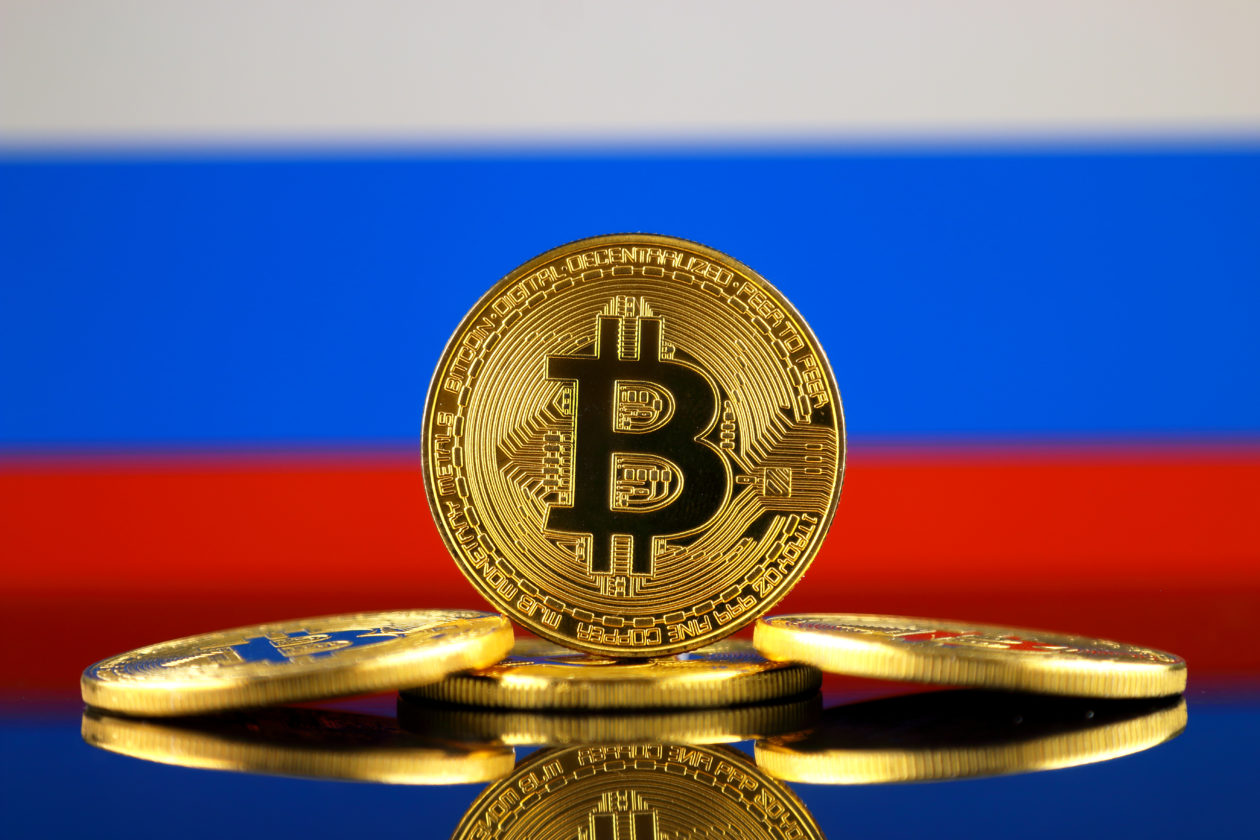El Salvador Proposes Bitcoin Deal to Enhance Trade Relations with Russia
31.07.2024 8:00 1 min. read Alexander Stefanov
The Russian Central Bank has traditionally been against cryptoassets, but changing international circumstances are prompting a shift in their approach.
Recently, El Salvador proposed using cryptocurrency, particularly Bitcoin, to facilitate trade with Russia. This idea is part of El Salvador’s strategy to strengthen its economic relationship with Russia and enhance its geopolitical influence.
Alexander Ilyukhin, the first secretary of the Russian embassy in Nicaragua and the head of the office in El Salvador, shared details of this plan. He emphasized El Salvador’s innovative decision to make Bitcoin a legal currency.
“In El Salvador, tourists can use Bitcoin for various services. However, in Russia, Bitcoin isn’t widely accepted, so we are exploring alternative ways to boost trade. The Salvadoran government is committed to continuing economic collaboration with Russia,” Ilyukhin explained.
El Salvador has maintained a neutral stance on the Russia-Ukraine conflict, refusing to take sides. Although Ukrainian President Volodymyr Zelensky’s administration has sought support from El Salvador, their efforts have been unsuccessful so far.
Moreover, El Salvador is contemplating joining the BRICS economic group, which includes Brazil, Russia, India, China, and South Africa. BRICS is actively working towards reducing reliance on the US dollar and is considering cryptocurrencies as a viable alternative.
-
1
Bitcoin: What to Expect After Hitting a New All-time High
10.07.2025 14:00 2 min. read -
2
Peter Brandt Issues Cautious Bitcoin Warning Despite Bullish Positioning
10.07.2025 20:00 2 min. read -
3
Standard Chartered Becomes First Global Bank to Launch Bitcoin and Ethereum Spot Trading
15.07.2025 11:00 1 min. read -
4
Vanguard Now Owns 8% of Michael Saylor’s Strategy, Despite Calling BTC ‘Worthless’
15.07.2025 17:09 2 min. read -
5
What’s The Real Reason Behind Bitcoin’s Surge? Analyst Company Explains
12.07.2025 12:00 2 min. read
Global Money Flow Rising: Bitcoin Price Mirrors Every Move
Bitcoin is once again mirroring global liquidity trends—and that could have major implications in the days ahead.
What is The Market Mood Right Now? A Look at Crypto Sentiment And Signals
The crypto market is showing signs of cautious optimism. While prices remain elevated, sentiment indicators and trading activity suggest investors are stepping back to reassess risks rather than diving in further.
What Price Bitcoin Could Reach If ETF Demand Grows, According to Citi
Citigroup analysts say the key to Bitcoin’s future isn’t mining cycles or halving math—it’s ETF inflows.
Is Bitcoin’s Summer Slowdown a Buying Opportunity?
Bitcoin may be entering a typical summer correction phase, according to a July 25 report by crypto financial services firm Matrixport.
-
1
Bitcoin: What to Expect After Hitting a New All-time High
10.07.2025 14:00 2 min. read -
2
Peter Brandt Issues Cautious Bitcoin Warning Despite Bullish Positioning
10.07.2025 20:00 2 min. read -
3
Standard Chartered Becomes First Global Bank to Launch Bitcoin and Ethereum Spot Trading
15.07.2025 11:00 1 min. read -
4
Vanguard Now Owns 8% of Michael Saylor’s Strategy, Despite Calling BTC ‘Worthless’
15.07.2025 17:09 2 min. read -
5
What’s The Real Reason Behind Bitcoin’s Surge? Analyst Company Explains
12.07.2025 12:00 2 min. read


